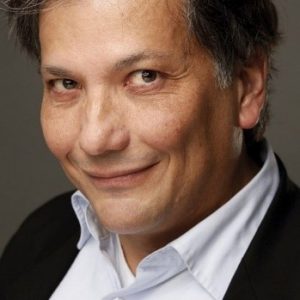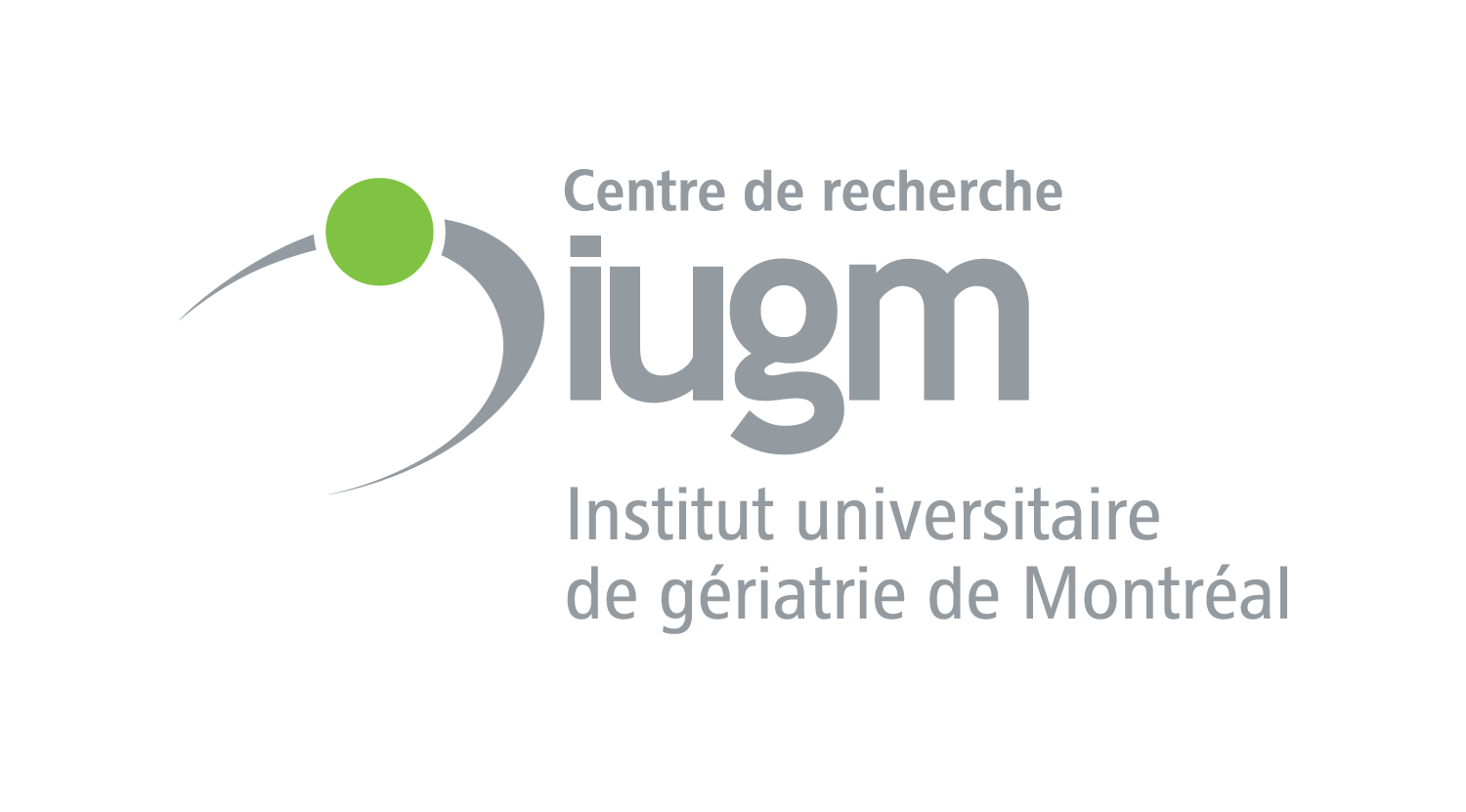
Fernandez Nicolas
Contact information
nicolas.fernandez@umontreal.ca
Biography
Nicolas Fernandez is an Associate Professor in the Department of Family Medicine and Emergency Medicine at the Faculty of Medicine, Université de Montréal. He is also an affiliated professor in the Department of Psychopedagogy and Andragogy at the Faculty of Education. Dr. Fernandez holds a PhD in Education from Université de Sherbrooke and has built a diverse academic and professional career at the intersection of adult education, professional development, and health sciences education.
He is widely recognized for his expertise in workplace-based learning and innovative teaching strategies, including concordance-based learning, communities of practice, and reflective practices. His work bridges academia, healthcare, and organizational training environments, with a strong focus on helping professionals learn from and through experience.
Research interests
Dr. Fernandez’s research explores experiential learning, the development and assessment of professional competencies, and the recognition of experiential and tacit knowledge. He focuses particularly on interprofessional collaboration in healthcare settings, reflective practice, and the co-construction of educational approaches that are responsive to real-world professional demands.
His work draws from andragogy and educational psychology, seeking to better understand how professionals learn, reason, and act in complex and evolving environments.
Dr. Fernandez has contributed to over ten funded projects from agencies including FRQSC, SSHRC, CIHR, and CAREC-IUGM. Key recent projects include:
-
Interprofessional collaboration and patient-partnered education for caregivers (Diane Guénette Fund, 2024–2027);
-
The role of reflection in professional competence development (SSHRC, 2020–2022);
-
Co-development of continuing education by teaching teams (SSHRC, 2020–2023);
-
Online teaching through concordance during COVID-19 (SSHRC, 2020–2021);
-
Capacity building in health research (CIHR, 2023–2024);
-
Experiential knowledge in post-cancer health education (CIHR, 2020–2021).
Dr. Fernandez has developed and supported the implementation of innovative teaching tools and strategies, such as virtual concordance platforms, clinical reasoning simulators, and reflective practice frameworks. He collaborates closely with healthcare teams, educators, and continuing education professionals to design responsive, co-created learning experiences.
Keywords
Experiential learning, professional competence, adult education, interprofessional education, reflective practice, university teaching, recognition of prior learning, professional development, health education, concordance
